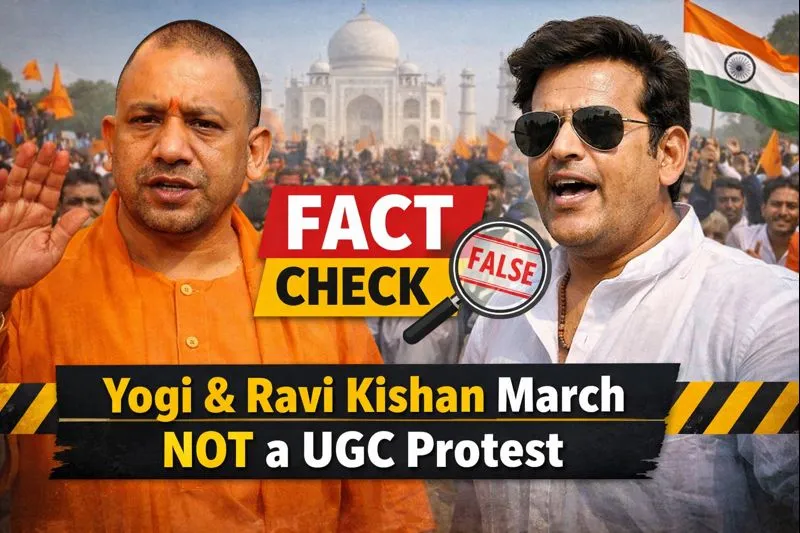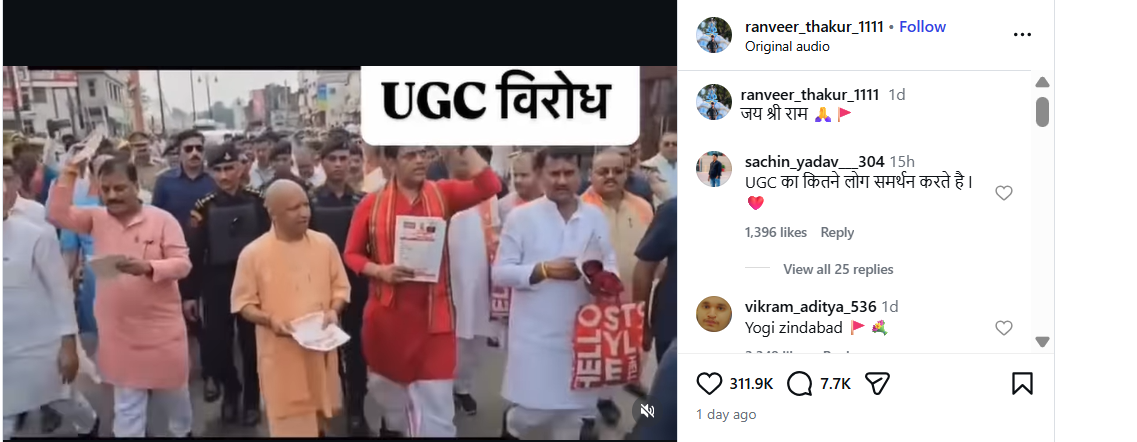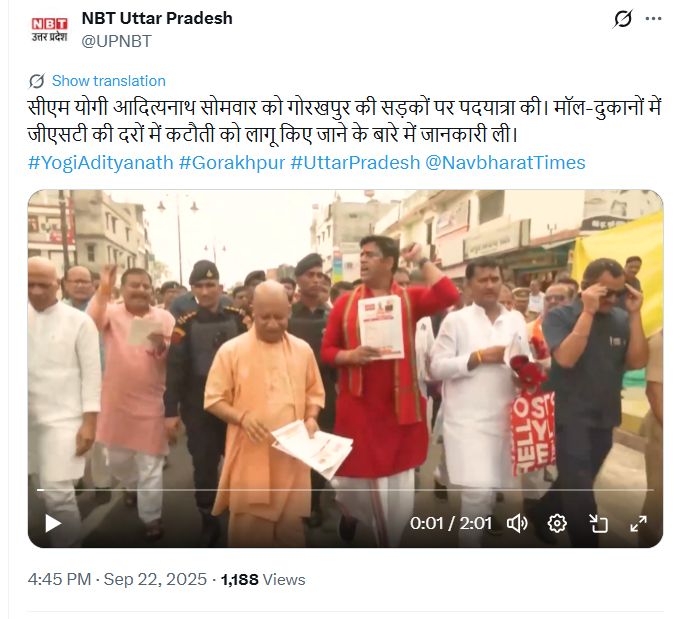Introduction
On the precipice of a new domain of existence, the metaverse emerges as a digital cosmos, an expanse where the horizon is not sky, but a limitless scope for innovation and imagination. It is a sophisticated fabric woven from the threads of social interaction, leisure, and an accelerated pace of technological progression. This new reality, a virtual landscape stretching beyond the mundane encumbrances of terrestrial life, heralds an evolutionary leap where the laws of physics yield to the boundless potential inherent in our creativity. Yet, the dawn of such a frontier does not escape the spectre of an age-old adversary—financial crime—the shadow that grows in tandem with newfound opportunity, seeping into the metaverse, where crypto-assets are no longer just an alternative but the currency du jour, dazzling beacons for both legitimate pioneers and shades of illicit intent.
The metaverse, by virtue of its design, is a canvas for the digital repaint of society—a three-dimensional realm where the lines between immersive experiences and entertainment blur, intertwining with surreal intimacy within this virtual microcosm. Donning headsets like armor against the banal, individuals become avatars; digital proxies that acquire the ability to move, speak, and perform an array of actions with an ease unattainable in the physical world. Within this alternative reality, users navigate digital topographies, with experiences ranging from shopping in pixelated arcades to collaborating in virtual offices; from witnessing concerts that defy sensory limitations to constructing abodes and palaces from mere codes and clicks—an act of creation no longer beholden to physicality but to the breadth of one's ingenuity.
The Crypto Assets
The lifeblood of this virtual economy pulsates through crypto-assets. These digital tokens represent value or rights held on distributed ledgers—a technology like blockchain, which serves as both a vault and a transparent tapestry, chronicling the pathways of each digital asset. To hop onto the carousel of this economy requires a digital wallet—a storeroom and a gateway for acquisition and trade of these virtual valuables. Cryptocurrencies, with NFTs—Non-fungible Tokens—have accelerated from obscure digital curios to precious artifacts. According to blockchain analytics firm Elliptic, an astonishing figure surpassing US$100 million in NFTs were usurped between July 2021 and July 2022. This rampant heist underlines their captivating allure for virtual certificates. Empowers do not just capture art, music, and gaming, but embody their very soul.
Yet, as the metaverse burgeons, so does the complexity and diversity of financial transgressions. From phishing to sophisticated fraud schemes, criminals craft insidious simulacrums of legitimate havens, aiming to drain the crypto-assets of the unwary. In the preceding year, a daunting figure rose to prominence—the vanishing of US$14 billion worth of crypto-assets, lost to the abyss of deception and duplicity. Hence, social engineering emerges from the shadows, a sort of digital chicanery that preys not upon weaknesses of the system, but upon the psychological vulnerabilities of its users—scammers adorned in the guise of authenticity, extracting trust and assets with Machiavellian precision.
The New Wave of Fincrimes
Extending their tentacles further, perpetrators of cybercrime exploit code vulnerabilities, engage in wash trading, obscuring the trails of money laundering, meander through sanctions evasion, and even dare to fund activities that send ripples of terror across the physical and virtual divide. The intricacies of smart contracts and the decentralized nature of these worlds, designed to be bastions of innovation, morph into paths paved for misuse and exploitation. The openness of blockchain transactions, the transparency that should act as a deterrent, becomes a paradox, a double-edged sword for the law enforcement agencies tasked with delineating the networks of faceless adversaries.
Addressing financial crime in the metaverse is Herculean labour, requiring an orchestra of efforts—harmonious, synchronised—from individual users to mammoth corporations, from astute policymakers to vigilant law enforcement bodies. Users must furnish themselves with critical awareness, fortifying their minds against the siren calls that beckon impetuous decisions, spurred by the anxiety of falling behind. Enterprises, the architects and custodians of this digital realm, are impelled to collaborate with security specialists, to probe their constructs for weak seams, and to reinforce their bulwarks against the sieges of cyber onslaughts. Policymakers venture onto the tightrope walk, balancing the impetus for innovation against the gravitas of robust safeguards—a conundrum played out on the global stage, as epitomised by the European Union's strides to forge cohesive frameworks to safeguard this new vessel of human endeavour.
The Austrian Example
Consider the case of Austria, where the tapestry of laws entwining crypto-assets spans a gamut of criminal offences, from data breaches to the complex webs of money laundering and the financing of dark enterprises. Users and corporations alike must become cartographers of local legislation, charting their ventures and vigilances within the volatile seas of the metaverse.
Upon the sands of this virtual frontier, we must not forget: that the metaverse is more than a hive of bits and bandwidth. It crystallises our collective dreams, echoes our unspoken fears, and reflects the range of our ambitions and failings. It stands as a citadel where the ever-evolving quest for progress should never stray from the compass of ethical pursuit. The cross-pollination of best practices, and the solidarity of international collaboration, are not simply tactics—they are imperatives engraved with the moral codes of stewardship, guiding us to preserve the unblemished spirit of the metaverse.
Conclusion
The clarion call of the metaverse invites us to venture into its boundless expanse, to savour its gifts of connection and innovation. Yet, on this odyssey through the pixelated constellations, we harness vigilance as our star chart, mindful of the mirage of morality that can obfuscate and lead astray. In our collective pursuit to curtail financial crime, we deploy our most formidable resource—our unity—conjuring a bastion for human ingenuity and integrity. In this, we ensure that the metaverse remains a beacon of awe, safeguarded against the shadows of transgression, and celebrated as a testament to our shared aspiration to venture beyond the realm of the possible, into the extraordinary.
References


















.webp)
